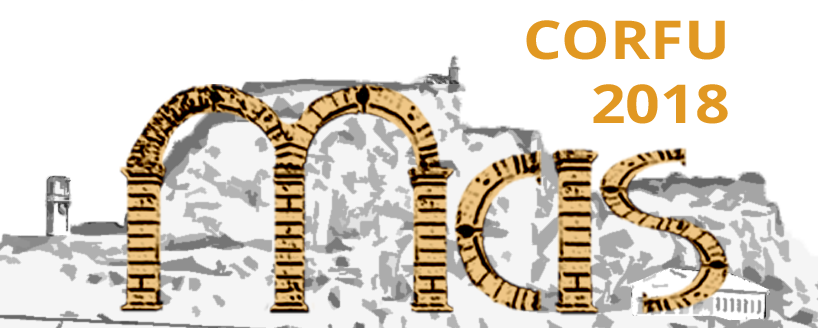IONIAN UNIVERSITY
The Ionian University was founded in 1984, the same year as the University of Thessaly and the University of the Aegean and is located in Corfu.The University consists of the following six Departments.
The number of Departments, as well as the fields covered, indicate that the Ionian University has chosen to operate on a narrow and therefore controllable base. Ionian AcademyThe teacher to student ratio (approximately 1:10) illustrates this fact. Moreover, the dispersion of the Departments’ facilities in different parts of the urban complex of the city of Corfu, a city with a population of 40,000 residents, declares the University’s will to find its place in the structure of a city with a rich historic and architectural heritage.
From the 12th century an on, Corfu and the Ionian Islands in general have followed a different historical path in relation to the rest of Greece. Having experienced Venetian, French and English rule, the Ionian Islands differ historically from most Greek provinces, which after the fall of the Byzantine Empire in the 15th century became part of the Ottoman Empire until the 19th century and the beginning of the 20th, when these territories gradually gained their freedom and joined the newly established Greek state. These different routes brought the Ionian Islands closer to the western European ways of life and thinking, which, in turn, left their mark on the urban and rural landscape of the islands, on the mentality of people and their customs. It should be noted that the first Greek University, the Ionian Academy, was founded in Corfu in 1824, under English rule. From the first decades of the 19th century and until the Union of the Ionian Islands with the New Greek State in 1864, the Academy served as the source of a remarkable literary current of unique character, which largely contributed to the intellectual ferment of that period.
After their Union, the Ionian Islands shared a common course with the rest of Greece, acknowledging the need for the formation of an atmosphere of inner coherence and uniformity among the provinces of the newly established State. As a consequence, the distinctive character of the Ionian Islands started to gradually fade away. The closing down of the Ionian Academy was only one step of this process.
More recently, new Universities have been founded all over Greece on the basis of developmental state policies. These new Institutions approach scientific fields and methods which had not been covered in Greece before. Thus, the Ionian University was established in 1984 as part of the above-mentioned policies. The University aims to contribute to the revival and cultivation of the local intellectual heritage, a heritage partly deriving from the cultural impact of the long-lasting European occupations. What is more, the Ionian University aspires to play a significant academic role as one of the Greek Higher Education Institutions through its educational, scientific and intellectual activities.
DEPARTMENT OF INFORMATICS
